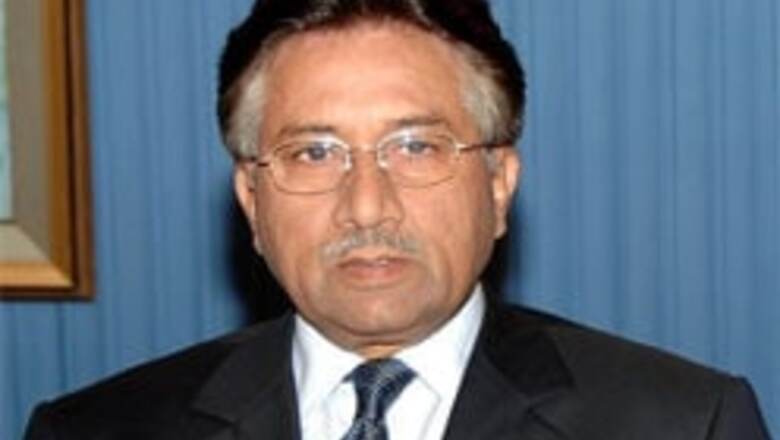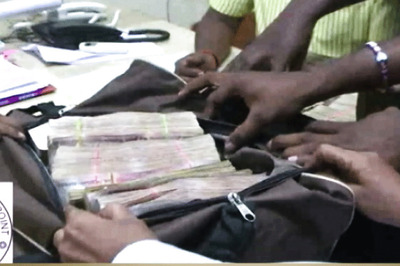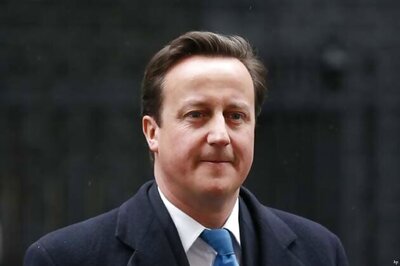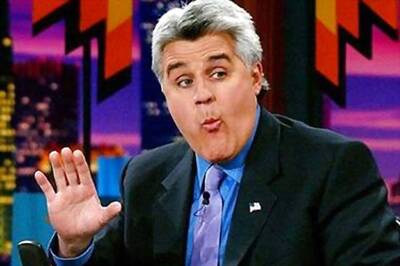
views
The following are the key dates from President General Pervez Musharraf's nine years in command of Pakistan's army:
October 7, 1998 – Prime Minister Nawaz Sharif appoints Musharraf chief of army staff.
May 2, 1999 – Pakistani and Indian troops clash at Kargil in divided Kashmir. Sharif later orders Musharraf to withdraw under US pressure.
October 12, 1999 – Musharraf takes power in a coup after Sharif tries to fire him and prevent his plane from landing. Sharif is jailed, then exiled.
September 12, 2001 – Musharraf says Pakistan will drop its support for the Taliban in Afghanistan and fight terrorism alongside the United States.
March 27, 2002 – A Pakistani-US operation nets Abu Zubayda, the first of a string of al-Qaida leaders captured in Pakistan after the September 11 attacks.
December 14, 2003 – Explosives wreck a bridge in Rawalpindi just after Musharraf's car has passed. Days later, Musharraf survives twin suicide car bombings on the same road.
March 16, 2004 – The army launches the first of a series of operations against al-Qaida hideouts in Pakistan's tribal regions along the Afghan border.
September 5, 2006 – The military signs a peace deal with tribes and militants in the North Waziristan region. The deal, criticized by the United States, unravels the next year.
July 10, 2007 – Army commandos storm Islamabad's Red Mosque, where fighting killed about 100 people, most of them suspected militants.
November 3, 2007 – Musharraf imposes a state of emergency, suspending the constitution, purging the courts and clamping down on dissent.
November 28, 2007 – General Ashfaq Kayani becomes army chief, leaving Musharraf to contend with Sharif and Benazir Bhutto, another former premier back from exile, as a civilian president.




















Comments
0 comment